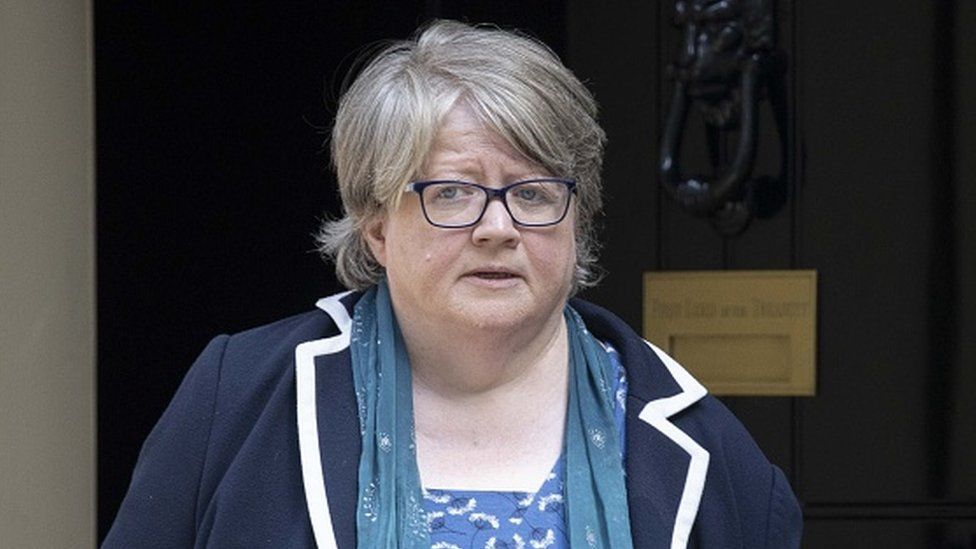Therese Coffey is the new Health Secretary in the UK Parliament. The NHS is in crisis (when isn’t it?), with GPs claiming exhaustion through overwork, doctor and nurse shortages, Accident and Emergency departments overflowing, hospitals crumbling, out-dated IT equipment malfunctioning, waiting lists growing, strikes threatened, the flu season almost upon us, and Covid not yet properly licked.

But the new health secretary has found time to send guidance to her civil servants on how she wants her reports written. One top priority is that she wants the Oxford Comma abolished from any documents they send her.
So, what is this offending item? The Oxford Comma, sometimes known as the serial comma, is the last comma in a sentence in which there is a list of things. For example: They all went for a walk; Mum, Dad, the kids, and the dog. (Did you notice I also included a sentence with an Oxford comma in my first paragraph?)
Both sentences would, in fact, make sense without the last comma, and some style guides and publishing houses advise against using a comma before the final and. They argue that the Oxford comma is an example of sloppy writing; it is either irrelevant as an aid to understanding or, if you feel you need one because the meaning of your sentence is confusing without it, the problem is a poorly constructed sentence, not a missing comma.
In a letter to the Times in response to Ms Coffey’s strictures, Sharon Footerman points out that the dedication at the front of her book: To My parents, Nelson Mandela, and Mother Theresa, would be quite different from the understanding of her parentage if the dedication had read: To my parents, Nelson Mandela and Mother Theresa. Though, in fairness, those against the Oxford comma could say with some justification, that no one would be confused if she’d switched her sentence around and her dedication had read To Nelson Mandela, Mother Theresa and my parents.
Yet others point out that the Oxford comma can add to, rather than alleviate, confusion. In another letter to the Times, a Dr Skinner believes that her statement I would like to thank my father, the Pope, and Dame Judi Dench gives quite the wrong impression of her paternal parentage, which the omission of the last comma would not.
In the end it is, as the more pragmatic style guides suggest, up to the writer to choose the grammar they feel best conveys what they mean to the reader. If an extra comma helps avoid confusion, and reads better than re-jigging the whole sentence to avoid it’s use, then put it in. If not – not. Ms Coffey should not object; she is reputed to be a pragmatist, after all.
Links to my books and social media
You can find all my books and short stories on Amazon books, At least one story always free. ALL BOOKS FREE ON KINDLE UNLIMITED